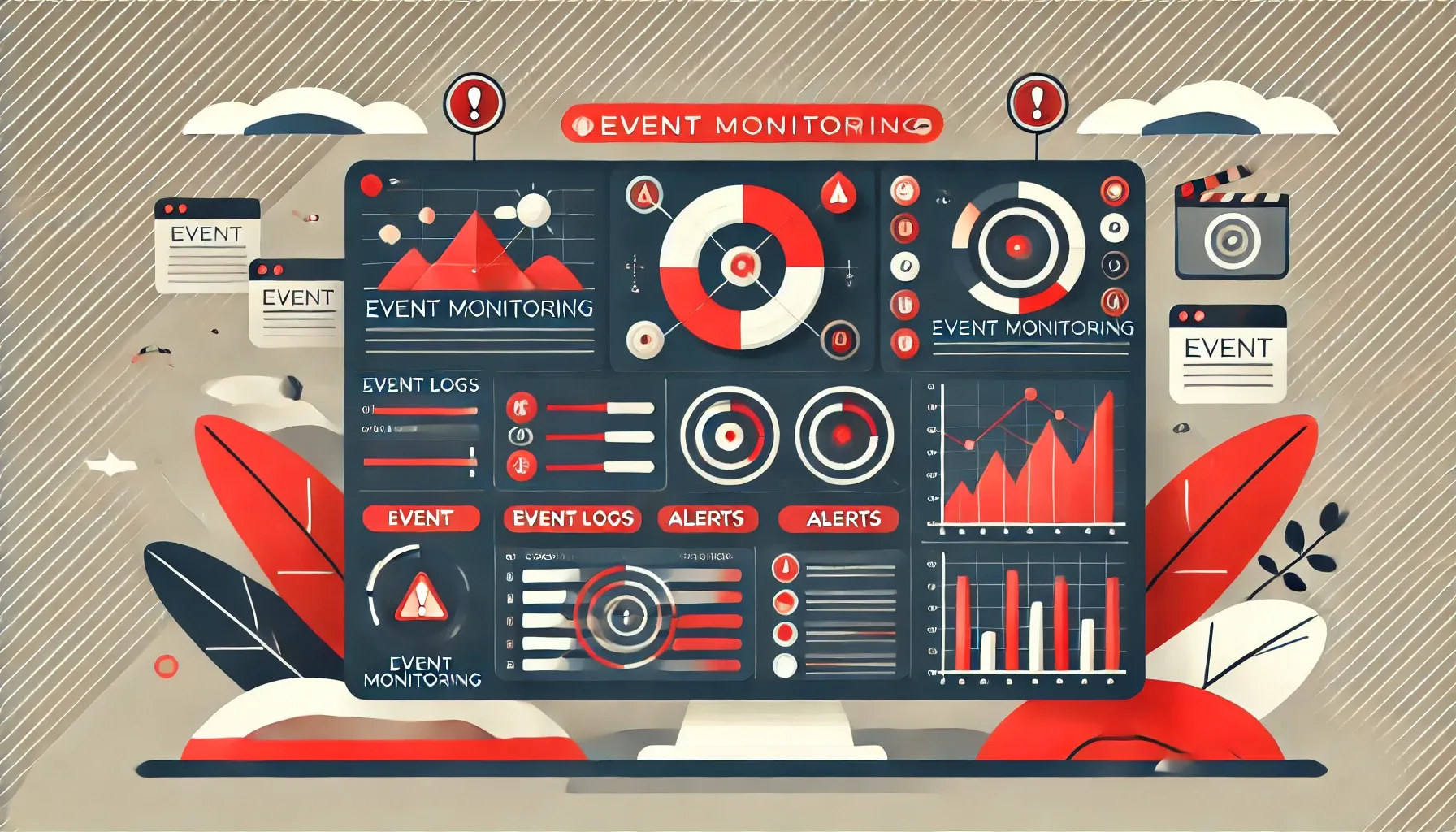Event Monitoring: A Comprehensive Guide to Tracking and Managing Events

Effective event monitoring is essential for businesses to maintain smooth operations, resolve issues promptly, and gain valuable insights. Whether tracking user actions, system events, or operational activities, having a reliable event monitoring system ensures nothing slips through the cracks.
What is Event Monitoring?
Event monitoring involves observing, capturing, and analyzing events within a system or process. These events can include warnings, errors, user interactions, or even system performance metrics. A robust event monitoring tool like EventLogCentral provides a structured way to log and track these events, offering actionable insights in real-time.
Key Elements of Event Monitoring
- Event Logging: Recording key activities or changes within your system.
- Real-Time Alerts: Notifications for critical issues or milestones.
- Data Visualization: Clear dashboards to analyze trends and performance.
- Custom Categorization: Grouping events by type, category, or priority for easier management.
Benefits of Event Monitoring
1. Improved System Performance
By tracking system events, you can identify bottlenecks, optimize processes, and ensure maximum uptime.
2. Proactive Issue Resolution
Real-time alerts allow teams to address potential problems before they impact users or operations.
3. Enhanced Security
Monitor suspicious activities and audit logs to ensure compliance with security protocols.
4. Data-Driven Decision Making
Analyze historical logs to uncover patterns, enabling smarter business decisions.
Why EventLogCentral is the Ideal Event Monitoring Solution
EventLogCentral offers a simple yet powerful platform for logging and monitoring events. Here’s why it’s the preferred choice:
Features of EventLogCentral
- Custom Event Types: Track INFO, WARNING, ERROR, AUDIT, and more.
- User-Friendly Dashboard: Navigate logs effortlessly with advanced search and filtering.
- Integration-Ready API: Seamlessly integrate logging into your existing workflows.
- Real-Time Notifications: Get alerts for critical events as they happen.
- Data Insights: Visualize trends and metrics to stay ahead.
Use Cases for Event Monitoring with EventLogCentral
- Software Development: Track deployments, feature usage, and debug logs.
- E-commerce Operations: Log inventory updates, payment processing events, and order statuses.
- Marketing Campaigns: Monitor user signups, ad clicks, and campaign milestones.
- Compliance and Security: Maintain audit trails for regulatory purposes.
How to Get Started with Event Monitoring
- Sign Up: Create an EventLogCentral account to begin monitoring your events.
- Integrate the API: Start logging events with a simple and flexible API.
- Customize Your Logs: Define event types, categories, and filters for your needs.
- Leverage Insights: Use the dashboard to analyze events and make data-driven decisions.
Conclusion
Event monitoring is a critical practice for modern businesses looking to maintain control, optimize performance, and ensure security. With EventLogCentral, you can easily log, track, and analyze events to keep your operations running smoothly.
Take control of your event monitoring today—sign up for EventLogCentral and streamline your logging process.